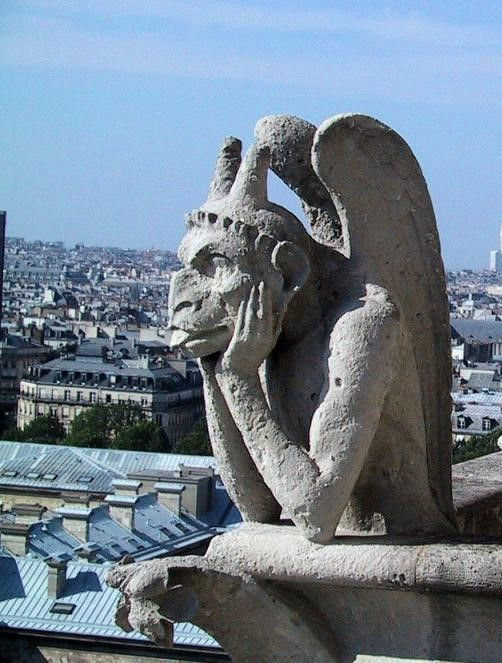THE SAD LOWER SELF
- smcculley
- Aug 9, 2023
- 2 min read
THE SAD LOWER SELF
When hearing the expression “negative emotions,” one tends to think of striking manifestations: outbursts of blind anger, fury, terror, manifestations of morbid jealousy. Often these intense forms are the first ones we are able to successfully face (or hide). As we refine our ability to observe, however, other negative emotions come to light: almost invisible, but so pervasive that we may discover that we are immersed in them most of the time. Sarcasm. Boredom. Small disappointments. Self-pity. The continuous complaining, the inner brooding about one's misfortunes and difficulties; the disappointing behavior of those around us; the cost of something we want to buy; the ingratitude of someone we have helped; the rain, the heat, the cold; having slept badly. Discouragement. Losing oneself in a vision of future situations in which “I can't possibly do it.” Self-deprecation, self-judgment, feeling unworthy—especially when I’ve failed to successfully be present and keep an exercise, when I’ve surrendered to one form or another of negativity.
The self-deprecation aroused by having expressed negativity is particularly insidious, as it takes the place of the right action (which is logical and easy to see if one isn’t identified). If I discover that I’m not present, that I failed to keep an exercise, that I expressed negativity, I can simply try again, immediately, without judgment—like the expression that says, fall seven times, get up eight. Judging myself is a subtle emotion that the lower self uses to keep me in a state of negativity, disguised as virtue.
The lower self has an interest in keeping us sad. The “long face” (as my father used to call it when he saw me unhappy or frustrated) is really just an expression of negativity, a poison to the soul, and a buffer that hides the true nature of things from us. A sincere and impartial observation of ourselves can lead us to admit that often we want to remain sad, negative, dissatisfied. We like the long face of the sad lower self. Sometimes it costs us a lot to give up the sadness, and in those cases to do so is to do. As the work progresses, the number of manifestations that can no longer be tolerated in ourselves increases. I still often surprise a long face in the mirror. My teacher often quotes the phrase of a conscious man, Michel de Montaigne, who said that the surest sign of wisdom is cheerfulness.
Sergio Antonio, "A Question of Presence"









Comments